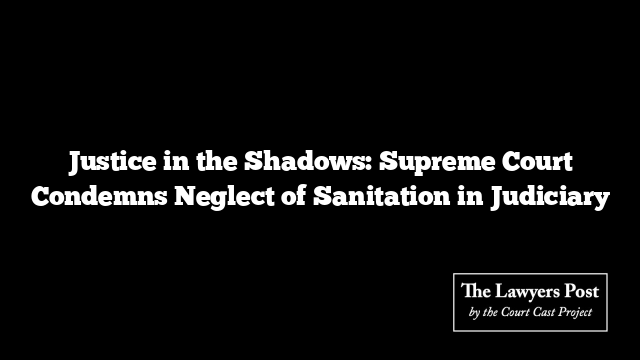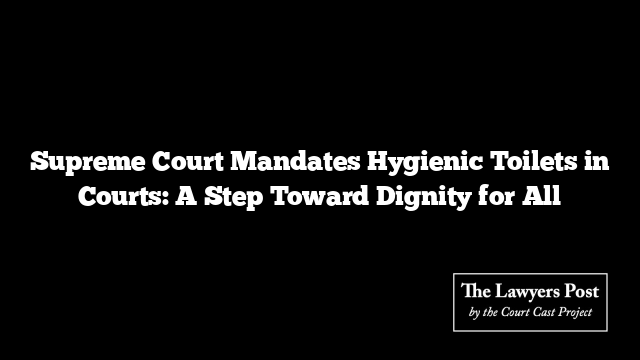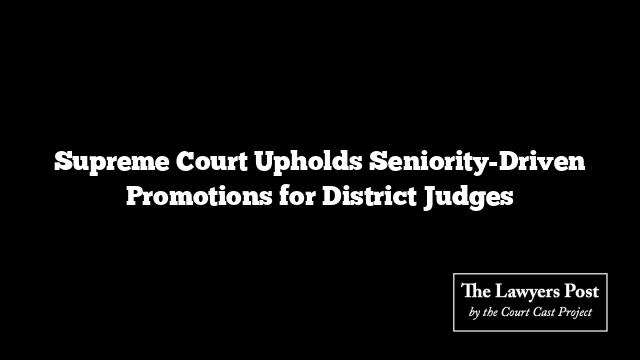In a profound reflection on the state of judicial infrastructure, the Supreme Court declared that inadequate toilet facilities in courts across the country compromise human dignity and access to justice. The bench emphasized that sanitation is not a mere convenience but an essential facet of human rights under Article 21 of the Constitution, which guarantees the right to a safe and hygienic environment.
Highlighting the systemic neglect, the Court noted that the lack of proper facilities in High Courts and district courts reflects a deeper flaw in the justice system. The judgment underscored the urgent need for accessible and functional washrooms, particularly for women, transgender individuals, and persons with disabilities.
The Court’s observations were prompted by findings that many judicial premises fail to meet basic hygiene standards. Reports revealed broken taps, insufficient water supply, and inaccessible facilities for differently-abled individuals. Even newly constructed court buildings suffer from non-functional fittings, inadequate maintenance, and a lack of transparency in fund utilization.
In rural districts, the situation is even more dire, with judges, staff, and litigants forced to endure deplorable conditions. The absence of creche facilities, sanitary napkins, and proper complaint mechanisms compounds the hardships faced by single mothers and others in the legal fraternity.
Calling for immediate action, the Supreme Court directed High Courts and State Governments to prioritize the construction and maintenance of adequate facilities. It emphasized that such measures are not just logistical improvements but are critical to preserving the dignity of everyone involved in the judicial process.
The judgment also required periodic reviews to ensure compliance, mandating status reports from all High Courts and States within four months. The Court reiterated that the judiciary must lead by example, ensuring fairness, dignity, and accessibility for all.
This landmark ruling calls attention to an issue long overlooked in the corridors of justice, demanding accountability and systemic change to uphold the principles of equality and human rights.





